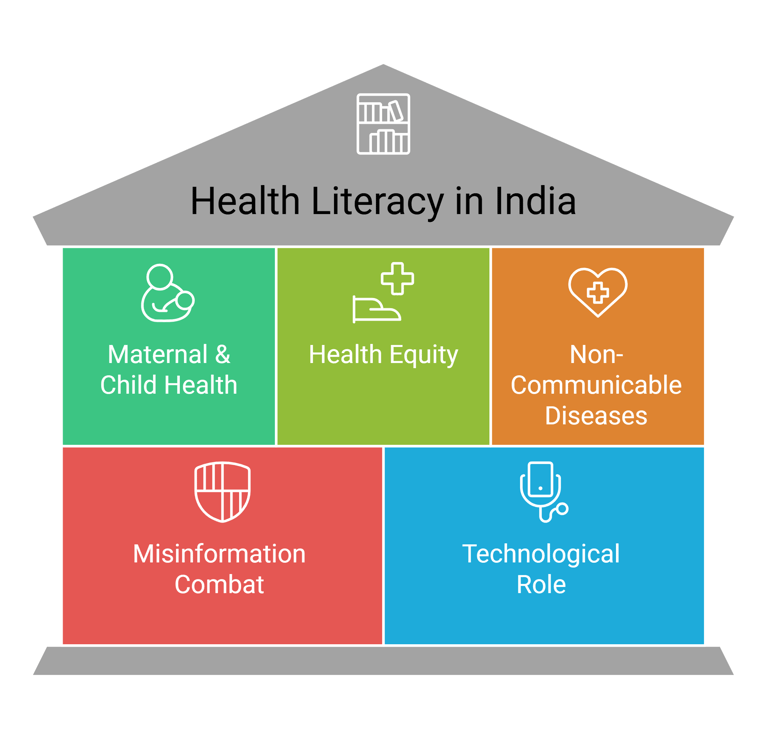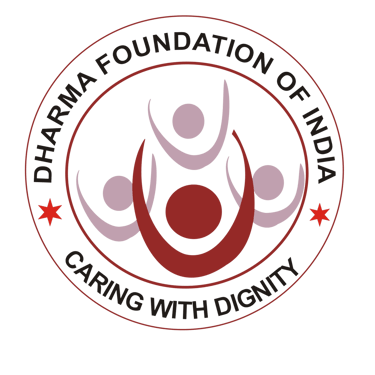We are a certified with 12A, 80G, and CSR-1 approvals—Kindly Support Us with your Generous Donation.
Scope of Health Literacy in India
The scope of health literacy in India is vast, with significant potential to improve public health outcomes, reduce disparities, and empower individuals to take control of their health.
Dr. Robins kumar
3/19/20251 min read


Scope of health literacy in India
Improving public health in India relies heavily on health literacy, which enhances understanding of health information for managing chronic diseases, following treatments, and adopting healthier lifestyles. It also promotes preventive measures to reduce diseases like tuberculosis and malaria.
Key points include:
Health literacy significantly impacts maternal and child health by educating women on nutrition and prenatal care, lowering maternal mortality and improving neonatal outcomes.
It addresses health inequities by providing rural populations and marginalized groups with access to critical health information, enabling informed decision-making.
Health literacy tackles non-communicable diseases (NCDs) by educating the public about risk factors and early detection, leading to better outcomes.
It combats health misinformation and enhances doctor-patient communication, fostering shared decision-making and patient satisfaction.
Technology plays a vital role in health literacy through telemedicine, mobile apps, and health portals, emphasizing the need for accessibility and understanding.
In summary, enhancing health literacy in India can lead to better public health outcomes, improved maternal and child health, reduced health inequities, and more effective health communication.
Opportunities for Improvement
Health Education Campaigns: Government programs like Swachh Bharat, Ayushman Bharat, and Poshan Abhiyaan focus on health literacy and awareness. Expanding such campaigns to more remote areas can increase their reach.
Community Health Workers: Strengthening the role of Accredited Social Health Activists (ASHAs) and Anganwadi workers in delivering health information can enhance grassroots health literacy.
Public-Private Partnerships: Collaborations between the government, non-governmental organizations (NGOs), and private sector can help develop more effective and innovative approaches to health literacy.
Technology Integration: Utilizing mobile phones, apps, and social media platforms for health information dissemination can play a crucial role in improving health literacy, especially among younger populations and urban dwellers.
Empowerment
Promoting health literacy and informed choices.
Contact Us
dharma.dfi@gmail.com
+91-8240646603
© 2025. All rights reserved.
